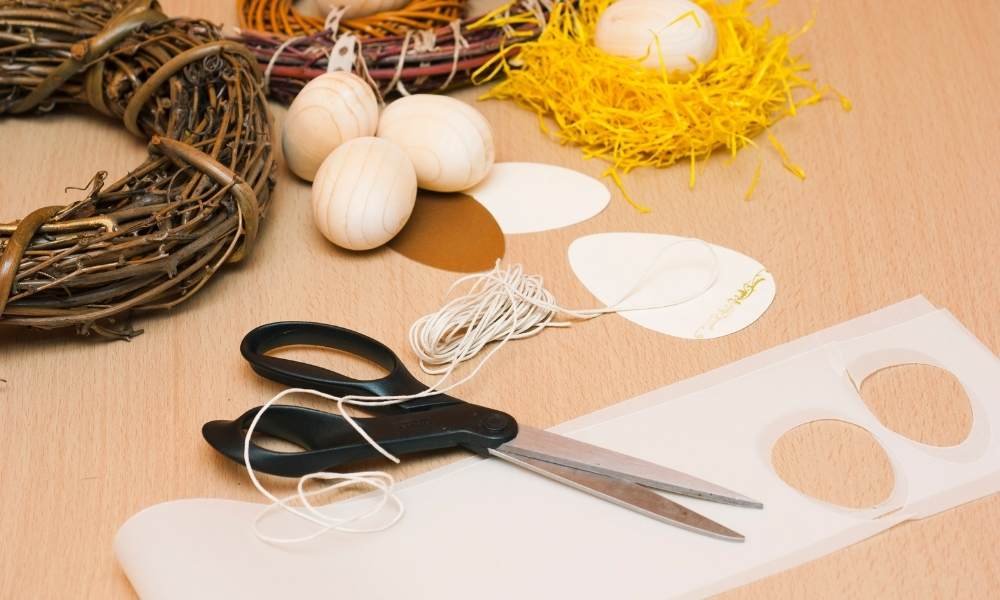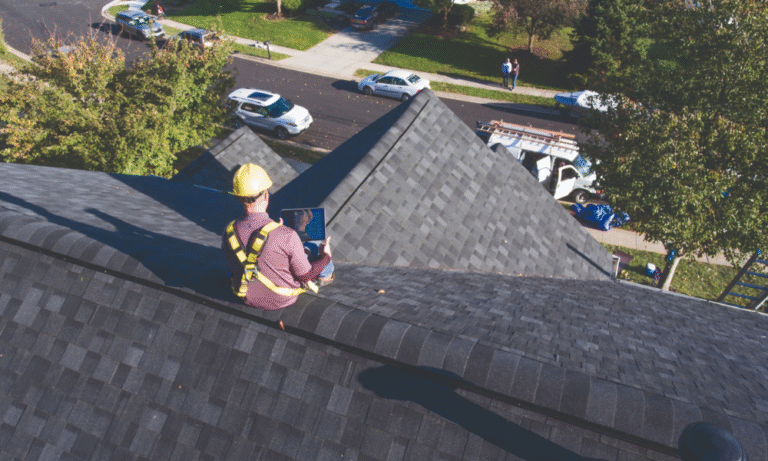Estimated reading time: 5 minutes
Performing renovations on your own is a great way to save money, but also a good way to learn some new tricks and techniques. One of the joys of DIY projects is knowing that you performed a job that you could’ve spent thousands paying someone else to do. There is added gratification from completing the project exactly how you wanted.
Not everything is a bed of roses with DIY projects, however. You can end up losing money just as easily as you can save it, and one mistake could put you several thousand dollars in the hole. There are also code and safety implications to these types of projects. This is why you need to take the time to fully evaluate the job you want to undertake and avoid crucial mistakes. Here are some of the most common mistakes made on DIY projects.
Budget Miscalculations
Budgeting errors are probably one of the biggest issues with DIY jobs, especially major ones. People might not realize some of the hidden costs that come with these projects. Some of the materials may cost more to source than expected, for instance, or parts of the project will be overlooked.
One of the things people often don’t consider is waste management. You cannot dump all your waste on the side of the road and expect the city to pick it up. Not only will you get a fine, but they don’t handle industrial or construction waste. Accumulated waste is something you’ll need to deal with.
If you’re looking for a solution, you should look at waste disposal services like Waste Connections. You can rent a dumpster through their waste disposal service, and they’ll come to pick it up either at the end of the project or at any time that you wish. They have several dumpster sizes and will allow you to have the waste either deposited in a landfill or recycled.
Another thing DIYers often overlook is the fact that contractors often have much better prices on materials, since they have preferential deals with suppliers. So, never make the mistake of calculating your prices based on what a contractor would charge you. Even if they charge premiums on some of the materials they use, the final price might still be lower than what you would have to pay. Do not assume that you could get the same type of pricing by doing the job on your own.
Time Frame Miscalculations
Another common mistake people make is overestimating themselves as far as how fast they can finish a job. It’s much better to be overly pessimistic here and plan for the worst scenario. You have no idea what’s going to happen during the project, and something might pop up that will put a wrench in your plans at any time.
Again, do not take contractors as an example here. They are much more experienced than you, and they will concentrate fully on a project while you may only be able to work on it in the evenings and weekends. They are also much less likely to make major mistakes. Just one missed step in a renovation project may force you to rip the whole thing out and do everything over, and this isn’t likely to happen with a skilled professional.
Using the Wrong Tools
Budget is usually one of the biggest preoccupations for DIYers, and this often pushes them to cut corners with the tools they use. They might try to use a regular drill for things that would require an electric hammer drill, for instance, or use paint rollers when they should be using a spray gun.
If you want to get professional results, then you have to use professional tools. You will never be able to get the same results with a roller as you would with a spray gun, and the difference will be instantly visible. So, don’t be cheap and consider leasing top-level equipment if possible.
Using Cheap Material
Another area where you shouldn’t cut corners is with materials. Again, too many people assume that contractors use high-quality materials so they can charge more and think that they’re being clever by buying cheaper fixtures and components.
This is often the case when people install plumbing, for instance. They will use sub-par pipes and joints and wonder why the job doesn’t hold up when they get leaks everywhere after a few months.
There’s no point in doing this if you’re going to have to replace these parts earlier or hire someone to fix the mess, so only use the best possible materials and components. These are all things that you should avoid as much as you can when doing DIY work. Take your time to look over the whole project first and plan for any event so you don’t get blindsided.
Failure costs from unreliable equipment or low-quality materials can end up costing your project more, not to mention you may be endangered working with them. Investing in your project’s success means putting money into quality construction materials. Source your supplies from reputable providers, especially the tools that workers use daily, like hole-making equipment such as center drills, pneumatics, threading tools, and welding equipment.
Final Thought
In conclusion, there are four mistakes that people make when they undertake DIY projects: underestimating the time and effort required, not planning ahead, not having the right tools or materials, and being inexperienced. By avoiding these mistakes, you can make your DIY project a success.



